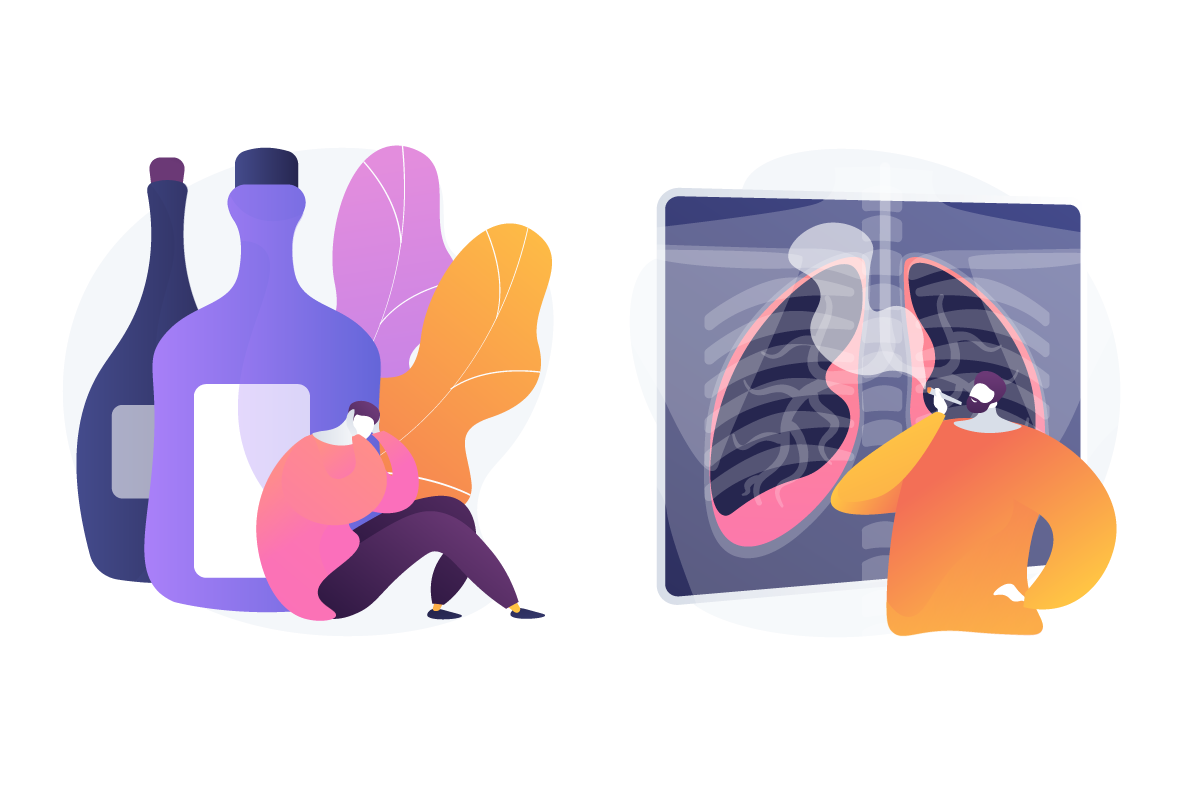Abuse can come in many forms. If other people’s treatment of you harms or hurts…

Join us as a therapist

There are many types of addiction: addiction to substances, electronic devices, sexual activities and even addiction to work. All addictions are treatable. Treatment will involve refocusing your approach to addiction, developing a withdrawal programme and then – if appropriate – re-engaging with a previous addiction in a way that can be easily managed and allow for social interaction.
Treatment will address both the emotional and psychological effects that occur when dealing with addiction withdrawal. Addiction feeds the pleasure receptors in the brain, so curbing the addiction often brings on anxiety, depression, mood swings and irritability until the joy of release from addiction takes over.
Reforming addicts – especially those stepping away from substance abuse – may also display physical symptoms such as sweating, sleeplessness, muscle spasms, periods of unexplained pain and even an erratic heart rate. Severe withdrawal symptoms rarely last beyond a week and are very rarely life-threatening (certainly far less life-threatening than the addiction itself).
Where necessary, therapists will work with a doctor so that medication and therapy can work together to help you get through the worst of the withdrawal. Reframing techniques, such as Cognitive Behavioural Therapy (CBT), hypnotherapy and mindfulness, are often used to help sufferers remain permanently free from previous addictions.